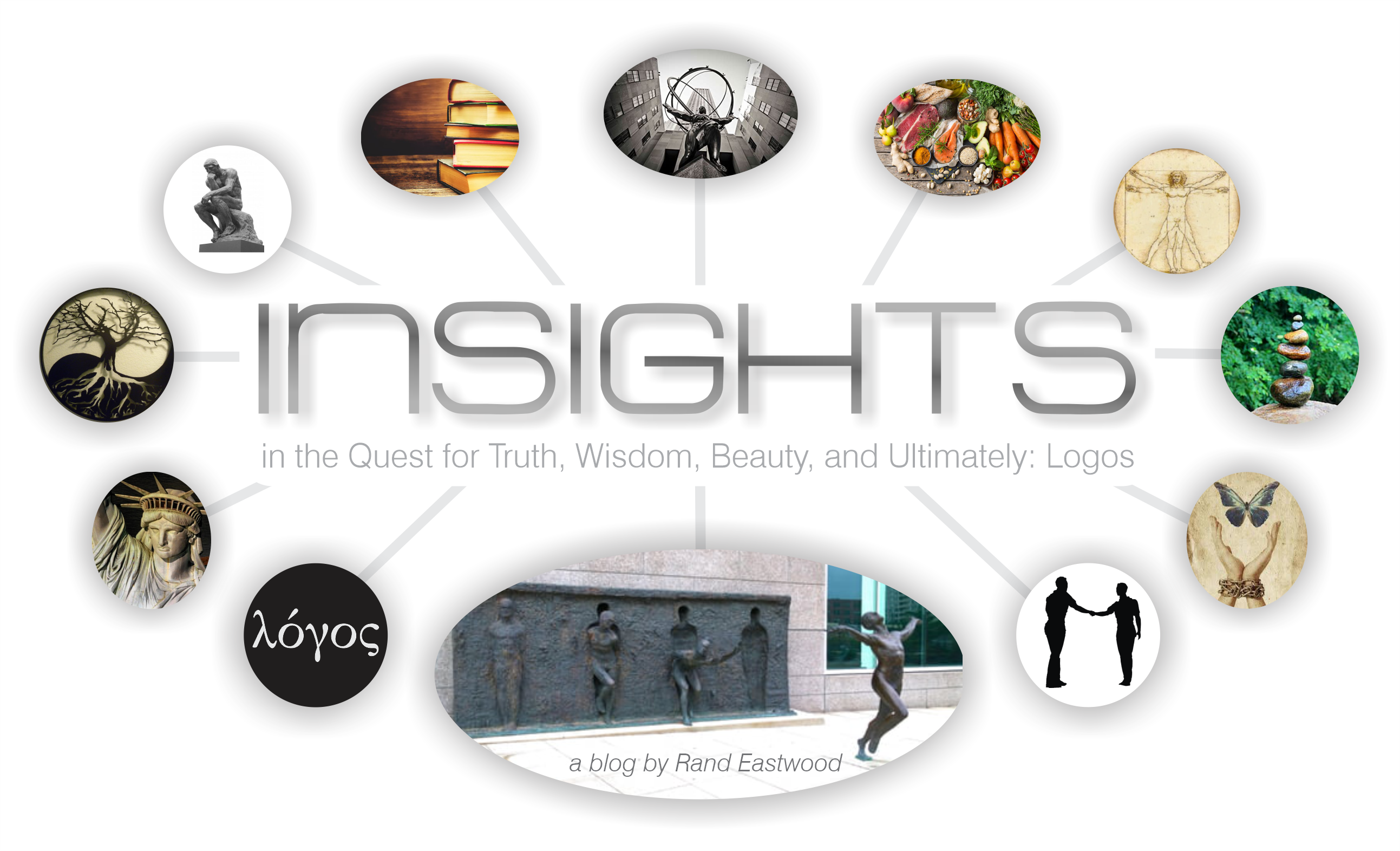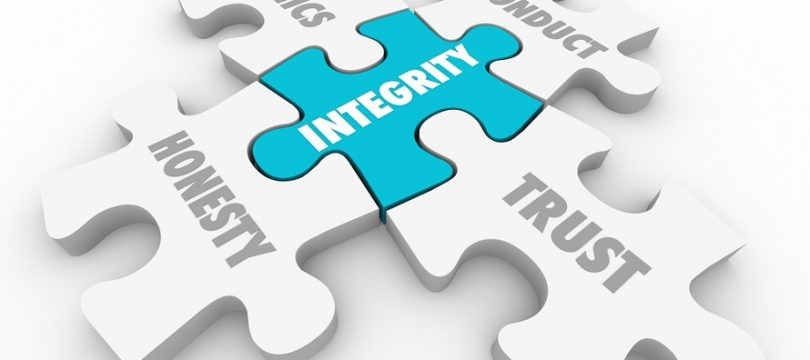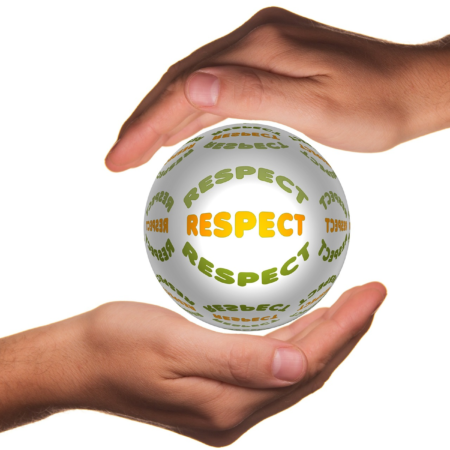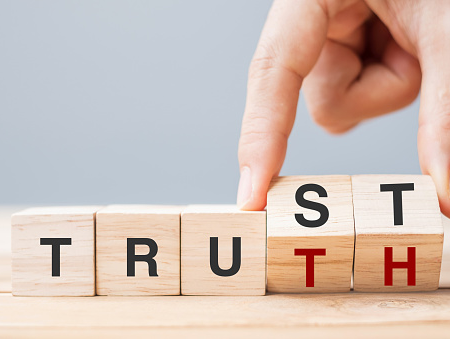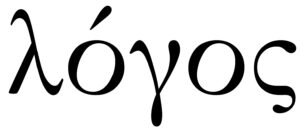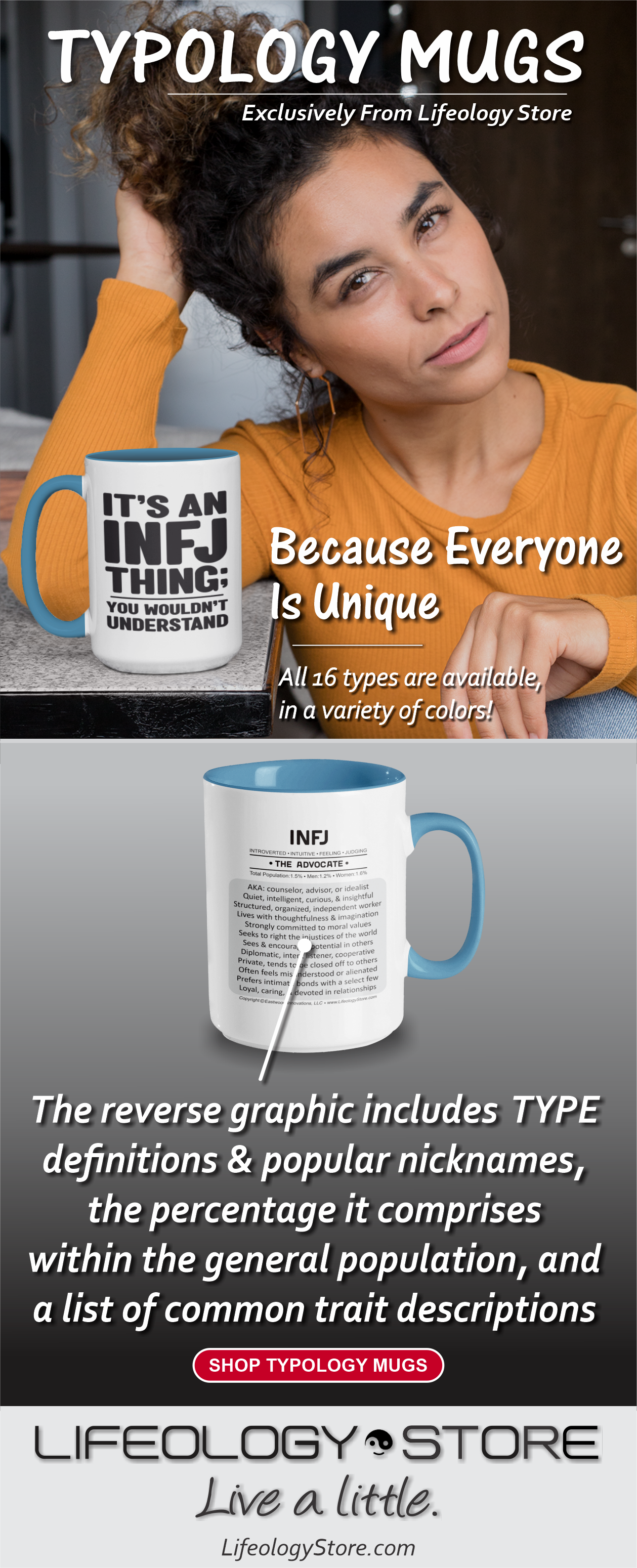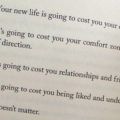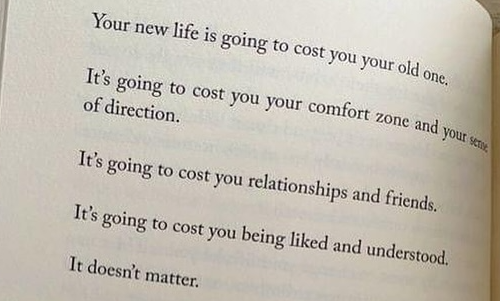I recently found myself in the unfortunate position of having to end—or at least greatly curtail—a relationship with someone close to me.
Though I say “recently,” the reality is, it’s been a years-long process of incrementally scaling things back, as I carefully scrutinized his words, deeds, and behavior, and with tiny bits of evidence I caught here and there, concluded that he is in fact, inauthentic, untrustworthy, egocentric (narcissistic), a pathological liar, etc., as I’ve long suspected, but needed for my own sake to genuinely conclude based on what little evidence and experience I could accrue over time.
So the “recent” part refers to my final conclusion, and the subsequent decision to curtail the relationship accordingly.
In fact, he may even be a Sociopath, though I don’t know for sure. Perhaps a high-functioning sociopath. There’s really no way of knowing whether his behavior is a physiological trait (born without a conscience), as with many sociopaths (which comprise 4% of the population), or merely a character trait: he is simply self-centered, egotistical, dishonest, lacking integrity, etc.
Like high-functioning sociopaths, he is really good at presenting this wonderful (and artificial) version of himself, leading others to believe that he’s such a great guy—especially since he has really good memory. A pathological liar, he can easily and quickly weave and weave and weave multi-layered webs of deceit; and if he’s caught in one lie, he can instantaneously fabricate more, creating whatever escape he needs—with a straight face and astonishingly casually (thus the term “bold-faced liar“)—and it all seems so credible (or, it’s often so complex that it’s difficult to follow, and easier to just accept as truth, because who would make all that up just to get away with something so trivial?). And, further, if finally cornered in his lies, he becomes increasingly hostile, escalating and escalating, even becoming violent, until you finally just drop it and walk away, because it’s not worth that level of stress and conflict.
So, as you can imagine, it can be really difficult to navigate through it all and realize it’s all artificial.
But fortunately, I, too, have a good memory, along with a good sense for detecting bullshit, as well as extensive knowledge of human nature (I study it, in fact—thus this blog), and was able to catch this person in enough little lies to realize who and what he truly is (even though he seemed to work diligently to convince me otherwise, apparently realizing that he was losing my friendship as I incrementally scaled it back), and I finally largely removed him from my life—though not entirely (under present circumstances, that would be difficult without a substantial geographic move)—but enough to insulate myself from any damage or distress he could otherwise continue to inflict on me or in my life, if I allowed myself to intimately associate with or depend on him in any way.
And that unfortunate experience prompted me to consider the importance of honesty, integrity, and authenticity—which became the basis for this article.
Integrity literally means that one’s actions align with, or are integral to, one’s statements, which in turn align with one’s beliefs/principles. In other words, you say what you mean, and do what you say. Over time, people with integrity prove that they are trustworthy—which is important, as our individual lives, and even society itself, are built upon trust. We have to be able to trust each other in order to build relationships, build lives together, do business together, build organizations and communities, i.e., to build anything meaningful or enduring, including a peaceful and prosperous civilization.
And demonstrating our honesty, integrity, and authenticity to others is the only way of building that trust. Being honest and forthright. Saying what we mean, and doing what we say. Adhering to our principles. Living mindfully, adopting a non-egocentric approach to our life and those in it. And being authentic and truthful, regardless of who we are dealing with or in what circumstances we find ourselves. Otherwise, we will likely have “some ‘splainin to do” down the road, which can cause distress, difficulty, and inflict damage on our relationships and the requisite trust we’ve built (which is why honesty, integrity, and authenticity at all times—though often difficult in the moment—is so much easier for all of us in the long run).
On the other hand, if we are dishonest, inauthentic, and lacking integrity, then over time people will learn that they cannot trust us. As I did concerning my aforementioned friend, others will eventually see through our bullshit, and realize we are not who we claim to be, not the kind of person we led them to believe we are. And then, they’ll distance themselves, or leave us altogether. We risk losing our friends, colleagues, intimate relationships, business partners, even our own “fam damily”—everything we need to build a productive, fulfilling, meaningful, enduring life.
So this is why developing and demonstrating honesty, integrity and authenticity are so vitally important, for all of us.
And why it’s equally important that we severe—or at least greatly scale back—our relationships with those who do not share these values.
Subscribe to INSIGHTS Blog on Substack • Like/Follow INSIGHTS Blog on Facebook
Visit Lifeology Store • Like/Follow Lifeology Store on Facebook • View Rand’s Books on Amazon
A Note To Readers:
If you found this article (or any of the others, for that matter) interesting, informative, entertaining, etc., please consider subscribing to the INSIGHTS email newsletter: simply enter your email into the form below (also in the right sidebar)—or, if you prefer, just use this simple quick sign-up form. (Bonus: INSIGHTS subscribers receive a 20% discount at Lifeology Store, at checkout simply enter the discount code included in the welcome email upon subscribing!)
↓↓↓ Also, please hit the “Like” (thumbs up) button below. Thanks! ~ Rand
